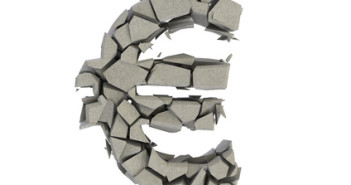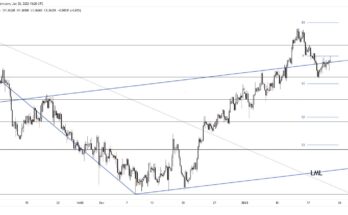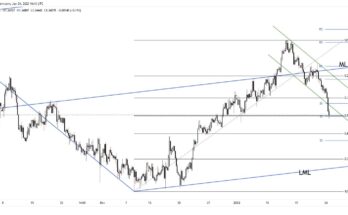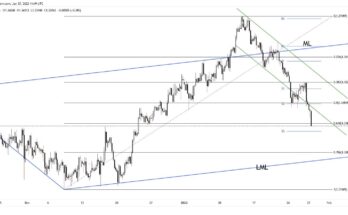There is a growing sense that Europe is pushing against the medicine of austerity as the Eurozone flirts with deflation and also recession. Italy has already set sail on this new course, there were signs Friday that ECB President was softening his stance and the French President is currently assembling a new cabinet as the pressure on his presidency continues. Increased government spending is not usually a reason for bond yields to fall, but that was the case on Monday as thoughts of potential QE from the ECB dominated, together with concerns that this reflected a greater concern that the Eurozone economy is heading for deflation. We saw new lows for the German 5 year bond (below 0.20%), with 2 year yields now negative of near-enough negative in 6 eurozone countries. In essence, this should put further downward pressure on the single currency and this happened against the backdrop of a broadly firmer dollar.
For today, there are no key data releases this side of the Atlantic, with focus on US durable goods data, together with housing data later in the day. But the theme of potential ECB action and lower yields will continue to weigh on the single currency. Elsewhere, sterling has an underlying bias towards recovery after seven straight weeks of losses vs. the dollar. Fundamentally, there is little this week to impact for the UK currency. Finally, note that EURCHF continues to nudge lower, to a new low for the year at 1.20717 yesterday, which could well bring further headaches for the SNB and their continued commitment to cap CHF strength to above 1.20 on the cross. This could become increasingly difficult should current underlying trends in the Eurozone continue.
further reading:
US new home sales 412K, slight disappointment
US Markit Services PMI hits 58.5 points, below expectations



